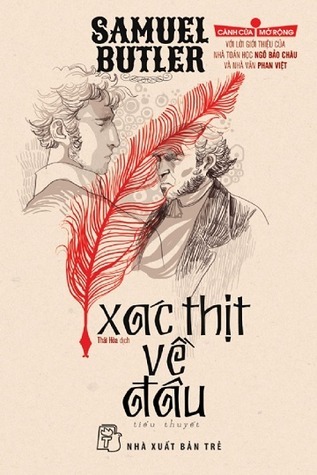What do you think?
Rate this book


626 pages, Paperback
First published January 1, 1903


 First, a word on the cover. The painting is called "Family Prayers" and it was painted by Butler himself. Once you know that, and know that the book is semi-autobiographical, you can see why such an ugly painting is perfect for the book. The stiff, wax-like figures enduring what is clearly a very dull Bible reading is very much a slice from Butler's life. The new Penguin edition has the larger version of the painting, and the colours are different, making it a more appealing portrait than the dowdy, drab version on my edition.
First, a word on the cover. The painting is called "Family Prayers" and it was painted by Butler himself. Once you know that, and know that the book is semi-autobiographical, you can see why such an ugly painting is perfect for the book. The stiff, wax-like figures enduring what is clearly a very dull Bible reading is very much a slice from Butler's life. The new Penguin edition has the larger version of the painting, and the colours are different, making it a more appealing portrait than the dowdy, drab version on my edition....nevertheless she was fond of her boy, which Theobald never was, and it was long before she could destroy all affection for herself in the mind of her first-born. But she persevered. (p.118)
Most of [the book's] specific causes have been won; its battles tend to look old-fashioned - interesting, no doubt, but dated. Yet it still has a peculiarly lively appeal. It speaks to us, makes us listen, less for the particular errors it is castigating than for the way it castigates and exposes them: we respond to its temper of mind, its energy, charity and irony. (p.7)